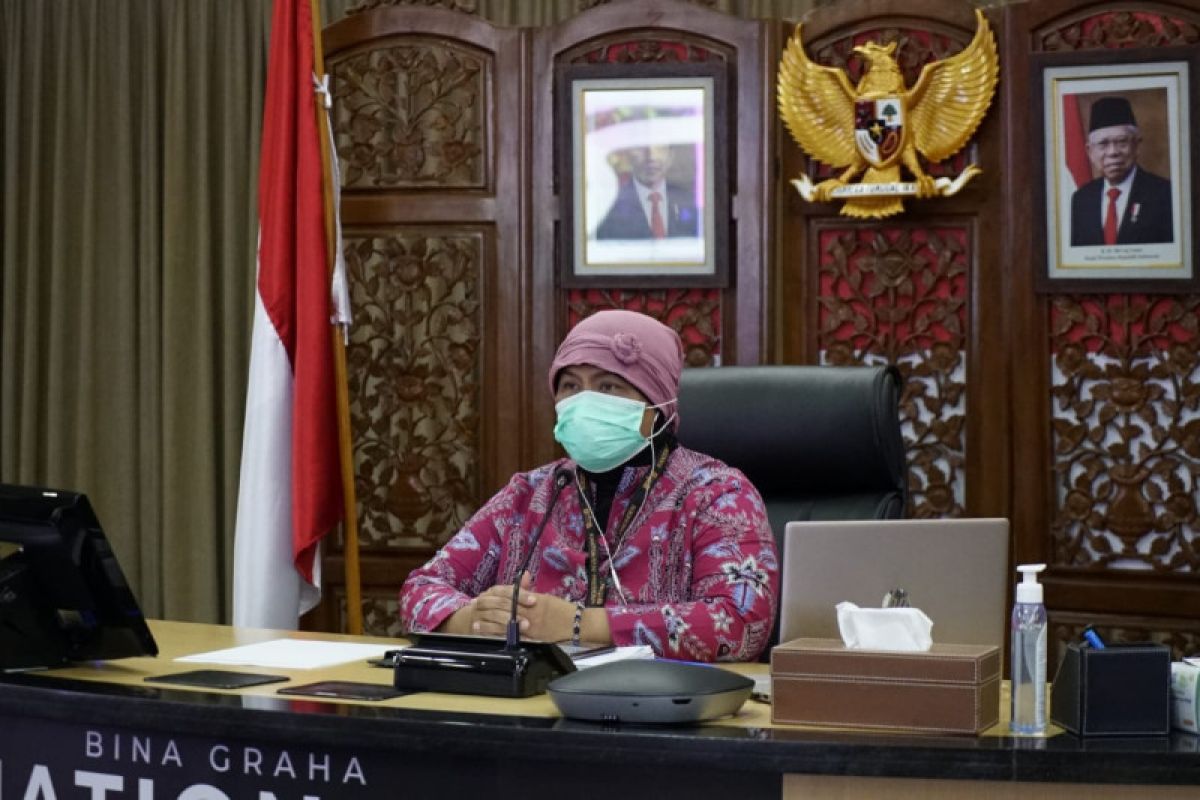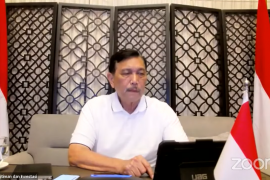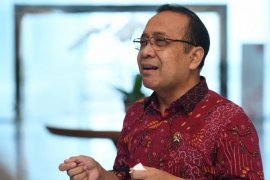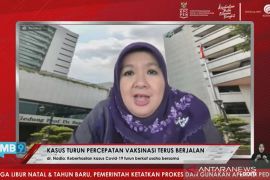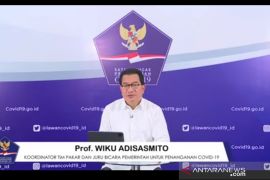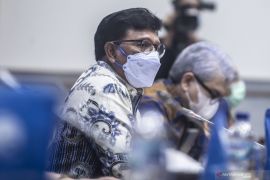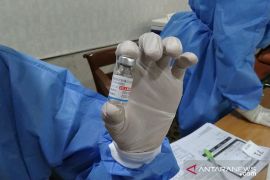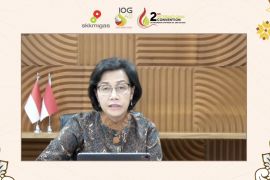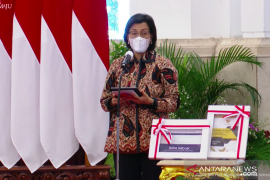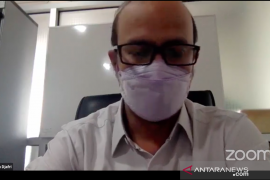Prahastuti remarked that health facilities were boosted for referral hospitals and primary health centers, clinics, and telemedicine services.
"The capacity of health facilities depends on the number of health workers, the availability of drugs, and medical equipment, including the number of beds, ICUs, ventilators, and oxygen. All of these have been strengthened to (strike a) balance with the number of cases," Prahastuti noted in a statement in Jakarta, Saturday.
Prahastuti emphasized that the referral health facilities had currently increased the capacity of beds and ICUs by building emergency hospital and converting ordinary treatment rooms into COVID-19 isolation rooms and ICUs. Moreover, there are additional stocks of drugs and medical devices.
"The number of health workers, both doctors and nurses, continues to be increased through such shift arrangements. Thus, if there are health workers, who are weary or exposed, then this matter can be resolved immediately," she noted.
For primary health facilities, Prahastuti explained that the focus was more on handling and monitoring patients without symptoms and those with mild symptoms.
"In that way, the hospital only handles moderate, severe, and critical cases. This is the strategy," she stressed.
On that occasion, Prahastuti also spoke of the government having reactivated the financing of COVID-19 cases for health workers' incentives, providing drugs, and treating COVID-19 patients, including recruiting doctors to be placed in emergency hospitals, hospitals, and health centers.
To ensure the government's efforts run as expected, the Presidential Staff Office continues to monitor and verify matters on the field related to the readiness of health facilities and the adequacy of drugs and medical devices.
"We will also guard the alertness of the task force at the center and the regions, especially for potential crises," she remarked.
Related news: Govt bolsters vaccination, health facilities to prevent case spike
Indonesia logged 40,489 positive COVID-19 cases on Friday, with Jakarta chalking up the highest number of daily cases at 10,707, the Health Ministry had earlier reported.
West Java recorded the second-highest number of daily cases at 8,945, followed by Banten, which recorded 5,218 cases, the ministry noted in a press statement released on Friday.
This was followed by East Java, with 4,506 cases, and Central Java, with 2,651 cases.
The ministry also pegged the number of COVID-19 deaths at 100 on Friday, with 39 fatalities reported in Jakarta, 13 in Bali, 12 in Central Java, 10 in East Java, and eight in West Java.
Meanwhile, the number of patients recovering from COVID-19 on Friday stood at 15,767, with Jakarta clocking 7,400 recoveries; East Java, 2,869; Banten, 1,917; West Java, 1,590; and Central Java, 695.
On the national scale, the number of active cases or patients receiving treatment rose by 24,622 to reach 312,808 on Friday.
At least 363,565 specimens were tested in laboratories across the country on Friday, with the positivity rate pegged at 22.13 percent.
The recent spike in COVID-19 cases has been attributed to the emergence of the Omicron variant.
Related news: Health facilities, testing helped lower COVID deaths in Jakarta
Related news: Telemedicine to ease vaccine registrations at health facilities: IDI
Translator: Rangga P, Azis Kurmala
Editor: Suharto
Copyright © ANTARA 2022
